September 18, 2020
When it comes to describing the new world of work, the Scandis have a name for it
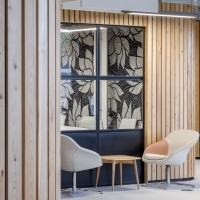 We have very clearly arrived at a point of inflection in the world of work right now, with more time than ever spent pondering some of its bigger questions. Like what will individuals expect from their place of work? What will employers be willing to offer them? How will the culture – the very fabric – of our offices change as a result of the pandemic? In the midst of all the head scratching and soul searching over what this brave new world of work might look like, there is an increasingly vocal minority arguing that a new, better path has already been paved. Where? In Scandinavia, of course. (more…)
We have very clearly arrived at a point of inflection in the world of work right now, with more time than ever spent pondering some of its bigger questions. Like what will individuals expect from their place of work? What will employers be willing to offer them? How will the culture – the very fabric – of our offices change as a result of the pandemic? In the midst of all the head scratching and soul searching over what this brave new world of work might look like, there is an increasingly vocal minority arguing that a new, better path has already been paved. Where? In Scandinavia, of course. (more…)







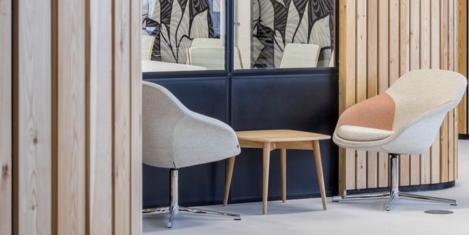

 New research by the
New research by the 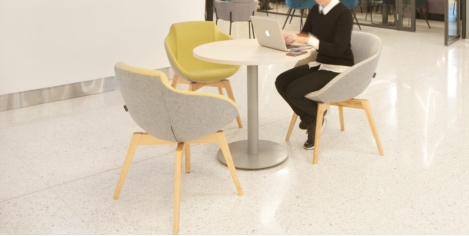
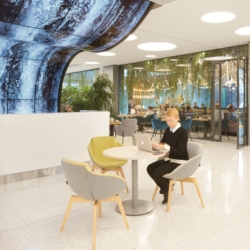
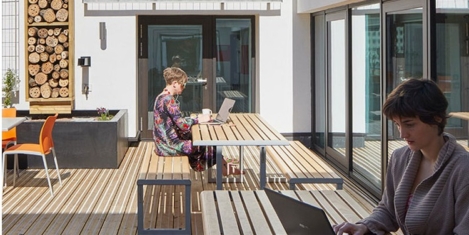
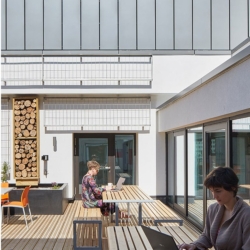

 The UK Green Building Council (
The UK Green Building Council (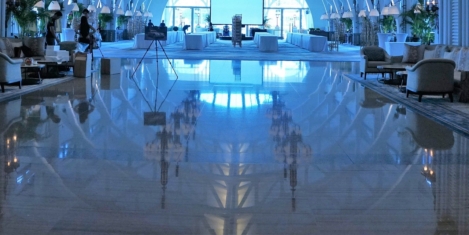
 What impact is COVID-19 having on business confidence? And what recovery strategies are companies prioritising in response to the pandemic? Recruitment company
What impact is COVID-19 having on business confidence? And what recovery strategies are companies prioritising in response to the pandemic? Recruitment company 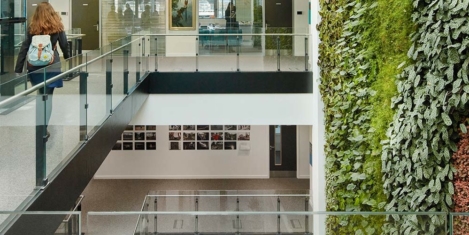
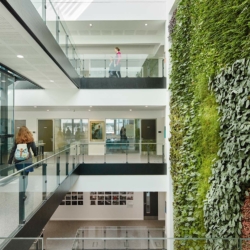




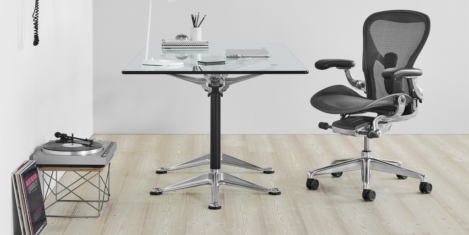












September 21, 2020
Time to get on board with the psychological effects of working from home
by Jörg Bakschas • Comment, Flexible working, Wellbeing